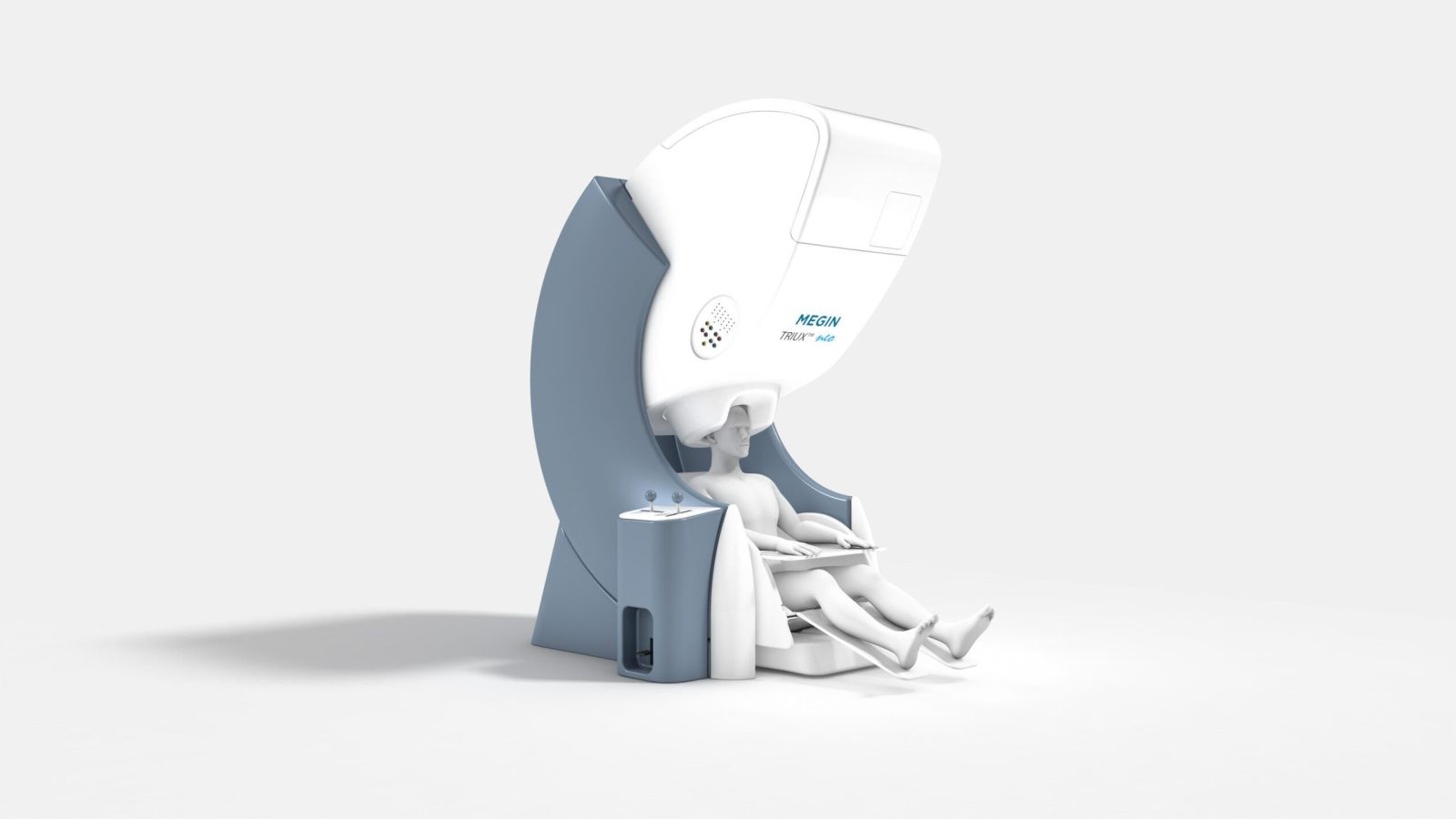MEGIN announced the purchase of their fourth-generation magnetoencephalography (MEG) technology, the c, by the University of Nebraska Medical Center (UNMC).
UNMC scientists and clinicians are at the leading edge of medical discovery and breakthroughs, transforming lives across the state and around the world. Their state-of-the-art facilities enable UNMC graduate and medical students, residents, fellows, and faculty to study and work in a technologically enhanced academic research environment.
The Omaha campus is home to more than 740,000 square feet of dedicated research space and offers dozens of shared technologies and services.
MEGIN’s TRIUX™ neo is a highly sensitive technology that can accurately detect and localize neural events that are generated in the brain with exquisite resolution. The TRIUX™ neo offers the most precise functional information currently available on the market for functional brain imaging in children, adolescents and adults.
MEGIN advises the UNMC/Nebraska Medicine started using MEG in 2009 and was one of the first institutions to use the device in the United States. UNCM’s MEG Laboratory plans to use MEGIN’s non-invasive MEG technology for both clinical services and research initiatives.
“Using this new technology, we expect to provide state-of-the art MEG diagnostic services to patients with the most difficult cases of epilepsy, for years to come, in collaboration with all major epilepsy center in the region. Patients, including young children, will receive the most accurate available presurgical anatomical brain mapping of the language, motor, sensory, visual and auditory functions, which is critical for effective surgical planning,” explains Dr. Valentina Gumenyuk, Assistant Professor, Department of Neurological Sciences at UNMC.
UNMC researchers lead by Dr. Olga Taraschenko, Director of the Comprehensive Epilepsy Center, will use MEG to identify patterns of functional brain connectivity in patients with severe epilepsy, including those referred for surgery, to determine how their seizures may affect brain connections and cognition.
The MEG will also be deployed in clinical and translational research studies to diagnose brain tumors, in collaboration with UNMC’s Buffet Cancer Center and UNMC Department of Neurosurgery lead by Dr. Aviva Abosch, renowned functional neurosurgeon. Another innovative effort will use MEG to identify early biomarkers for specific types of dementia such as Alzheimer’s Disease, Lewy Body Disease, and Frontotemporal Dementia, to increase opportunities for early treatment, and to study sleep related abnormalities in these patients.
“The new MEG device is another arrow in our marvelous quiver of technologies and tools to help advance discovery of brain mechanisms as targets for new treatments and cures for the patients, families and communities we serve,” says Dr. Matthew Rizzo, Chair of the Department of Neurological Sciences at UNMC.
